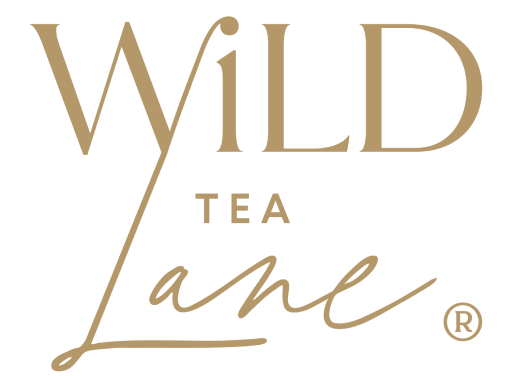Two drinks that have had a considerable impact on the cultural history of Europe for many years are tea and alcohol. While drinking alcohol is frequently thought of as a way to celebrate or socialise, drinking tea is typically connected with calmness and relaxation.
But the union of these two popular drinks gave rise to a special custom: drinking tea with alcohol. This unique fusion of tastes and sensations, which combines the European love of libations with Eastern tea culture, has a long and illustrious history. Join us as we explore the fascinating history of drinking alcohol with tea throughout Europe.
The introduction of tea to Europe can be dated to the 16th century, when traders from Portugal and the Netherlands first discovered the beverage while travelling to Asia. Tea was once thought of as a luxury good, mostly enjoyed by the affluent and elite. In the 17th century, it became increasingly popular, especially among the aristocracy, and tea rooms and gardens began to spring up all throughout Europe.
The British Contributed Significantly to the Development of the Tea Culture in Europe. In the 18th century, teahouses served as gathering spots for social exchanges and discussions, and tea became a staple of British life. As the British Empire spread throughout the globe, it introduced tea to many regions, particularly its colonies in India and Sri Lanka (formerly Ceylon), where massive tea plantations were set up.
The Marriage of Tea and Alcohol: While tea consumption increased steadily throughout Europe, the idea of drinking alcohol while drinking tea didn't start to take off until the 19th century. Given Europe's love of tea and the pervasiveness of alcohol, the concept of blending tea with alcoholic beverages seemed a logical evolution. This confluence produced a wide range of delectable mixtures that demonstrated the inventiveness and originality of European tea connoisseurs.
Examples: The "Irish tea," also known as "Irish tea punch" or "spiked tea," is one of the most well-known alcoholic tea drinks in Europe. This well-known beverage is frequently served hot and combines black tea, Irish whisky, sugar, lemon, and spices. It offers a calming warmth with a light kick and has come to represent Irish friendliness and merriment.
The "Russian tea," which combines black tea with vodka, lemon, and honey, is another noteworthy illustration. This energising combination rose to fame in the 19th century and is still appreciated in Russian culture, particularly in the winter.
Beyond Russia and Ireland, drinking alcohol tea developed regional variants. The "Gin and Tea" became a popular beverage in the United Kingdom by fusing the traditional British spirit with the beverage of choice. Similar to this, tea combined with spirits or liqueurs that have fruit in them became a popular choice in continental Europe, particularly in nations like Germany and Austria.
Modern Revival and Innovation: Europe has seen a rise in interest in drinking alcoholic tea in recent years. The movement has been adopted by creative mixologists and tea lovers, who are experimenting with new concoctions and infusions. In bars and restaurants, speciality drinks with tea as a key ingredient, such as "tea martinis" or "tea-infused gin and tonics," have gained popularity. These drinks appeal to lovers of both tea and cocktails.
Additionally, the discovery of unusual alcohol tea combinations has been aided by the growth of artisanal tea blends and speciality tea shops. Experts and tea sommeliers suggest particular teas to pair with various alcoholic beverages, promoting experimentation and broadening the options for consuming alcohol with tea.
In the world of mixology, combining organically cultivated, herb-infused loose leaf tea with gin, vodka, rum, whiskey or brandy has become fashionable. Australian Wild Lane Tea providers have utilised the power of botanicals to craft a remarkable selection of tea-infused drinks that delight the palate and tempt the senses. These cocktails also provide a promising chance to lessen the unpleasant effects of a hangover thanks to the use of organic herbs.







